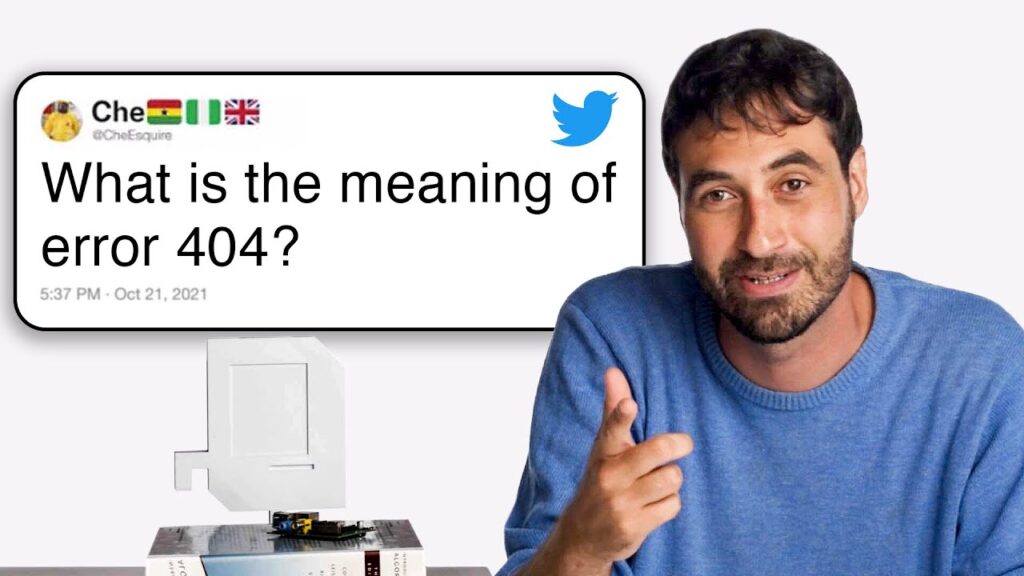The Wired Autocomplete Interview: Expert Answers to Your Virtual Assistant Questions
Summary
In this Q&A-style interview, we learn more about virtual assistants by asking them common questions that users have. Siri, Google Home, and Alexa provide informative and sometimes humorous responses to everything from their beliefs about Santa Claus to whether they can self-destruct.
Table of Contents
- Siri: Questions about beliefs, abilities, and the CI
- Google Home: Questions about privacy, hacking, and cost
- Alexa: Questions about self-awareness, humor, and mosquitoes
- Conclusion: Despite their differences, virtual assistants are here to stay and continually improve to make our lives easier.
Siri
Does Siri believe in Santa Claus?
Siri does not have a belief system, but knows that reindeer and the North Pole exist.
Does Siri exist?
Of course, Siri exists and is interacting with you right now.
Does Siri fart?
No, Siri does not produce bodily functions.
Does Siri work for the CI?
Siri does not understand what the CI refers to but is willing to help with any other questions.
Is Siri paid?
Siri does not work for the money, but rather to help users with tasks. Although Siri cannot receive physical high-fives, verbal ones are always welcome.
Does Siri rap?
Siri is programmed to respond in a creative and rhyming way but does not have the ability to perform full rap songs.
Google Home
Is Google Home always listening?
Google Home is designed to wait in standby mode until activated with the verbal command “Hey Google”. The device will give a visual indication of when it is active, and when on standby, it will not detect or transmit any audio.
Is Google Home bad?
Google Home apologizes for any frustration users may have experienced and is willing to learn how to better assist in the future.
Is Google Home dead?
No, Google Home is actively serving users and providing assistance. Although there was an incident involving a server crash, the device quickly recovered.
Is Google Home expensive?
Google Home itself does not cost anything to use, but an internet connection is required.
Is Google Home hackable?
Google has built-in security features to protect users’ privacy and data. Users can learn more about these features and how to protect their information on the Google Safety website.
Can Google Home fart?
Google Home can simulate different types of flatulence to create a humorous response.
Can Google Home start my car?
If users have set up the device properly, Google Home can assist with starting a car.
Can Google Home whisper?
Google Home’s volume can be adjusted to be very soft, but it cannot whisper in the traditional sense.
Can Google Home work without being plugged in?
As a device that requires an external power source, Google Home cannot work without being plugged in.
Alexa
Can Alexa actually self-destruct?
Alexa can simulate a self-destruct sequence, but users must cancel it before it “explodes.”
Can Alexa tell jokes?
Yes, Alexa is programmed with several jokes and puns to make users smile or laugh.
Can Alexa kill mosquitoes?
Alexa suggests using a flashlight to lure mosquitoes and then using a tool to kill them, such as a fly swatter.
Can Alexa laugh?
Alexa can laugh in response to certain prompts or commands.
Can Alexa yell?
Alexa will only produce a sound in the form of an electronic tone, as sound does not travel in space.
Is Alexa always listening?
No, Alexa only activates when users say the wake word or press the action button. The device will give a visual or audible indication when it is active.
Is Alexa AI?
Alexa is a form of artificial intelligence that is designed to interact with users to provide assistance.
Is Alexa self-aware?
Alexa is not self-aware in the traditional sense but is capable of performing numerous tasks and functions.
Is Alexa ugly?
Beauty is subjective and dependent on the user’s preferences.
Is Alexa your best friend?
While Alexa is designed to provide assistance and learn from users, she cannot replace human relationships and friendships.
Conclusion
Virtual assistants like Siri, Google Home, and Alexa continue to improve and offer users new ways to interact and engage with technology. From answering questions to telling jokes, these devices are becoming increasingly sophisticated and better able to meet users’ needs. Although each has its unique abilities and limitations, they all share a common goal: to make our lives easier and more convenient. As technology continues to evolve, we can expect even more advanced forms of virtual assistance to emerge, offering more solutions and possibilities than ever before.







